What is the nutritional value of homemade kefir?
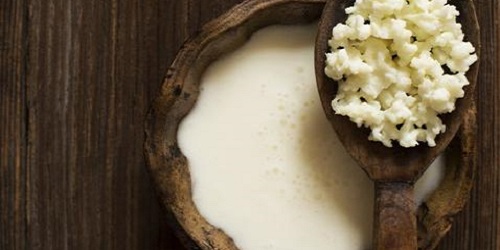
If you drink kefir regularly, you probably already know what is general nutritional value of milk kefir and why it’s recommended to include it in daily diet. For more detailed information and if you are interested in numbers, read this blog!
A great source of vitamins and minerals!
Homemade kefir is a great source of vitamins, minerals and probiotics. Prepared with quality milk, milk kefir can greatly contribute to overall health and well-being.
Milk kefir is best when it’s prepared with live cultures – milk kefir grains. This is how kefir was traditionally made and it’s still the best option. Fermenting the grains in milk for about 24 hours, you get thick milk beverage with consistency similar to yogurt that is packed with probiotics.
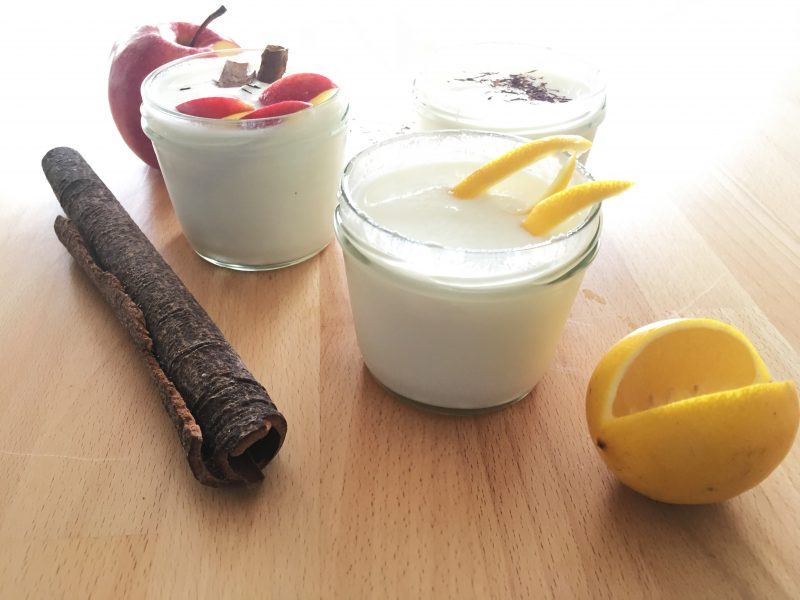
Nutritional value of homemade kefir
The nutritional value of homemade kefir depends on the milk and also on the fermentation process. In part it’s a result of nutrients that milk already contains, some of the nutrients in kefir develop during fermentation. The environment, temperature, quality of grains are just some of the factors that can influence the fermentation process.
Table: Nutritional value of kefir prepared with 3,5% fat
| Nutritional value (average per 100 g of kefir) [g] | Average Energy value per 100 g of kefir [kJ] * | |
| Water | 87,6 | / |
| Proteins | 3,30 | 56 |
| Fat | 3,50 | 130 |
| Carbohydrates | 3,60 | 61 |
| Organic acids | 0,70 | 9 |
| Ethanol | 0,50 | 15 |
| Minerals | 0,80 | / |
| Total | 100 | 270 |
* Recommended daily input is 7,500 kJ.
Source: http://www.nijz.si/sl/kefir
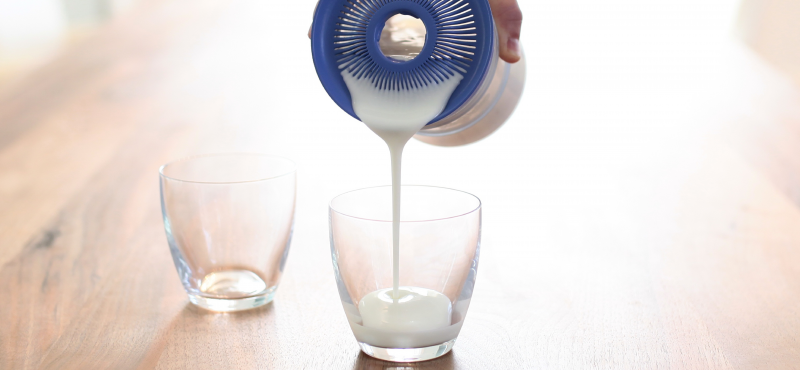
Typically what sets kefir apart from other milk produce it’s that sourness and carbonation. The specific taste of kefir is the result of acidic content. It contains lactic acid (0.85% to 1.0%), ethanol (0.01% to 2%), formic acid, ammonium acid salt (succinate), acetic acid, propionic acid, acetaldehyde, diacetyl and acetoine. The content of carbon dioxide in kefir is from 0.08% to 0.2%.**
Note, these are analysis made with milk kefir that was prepared with 3.5% fat cow milk. Your kefir made with other kinds of milk may show different numbers.
Prepare milk kefir with Kefirko:


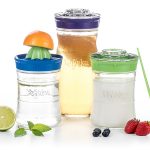

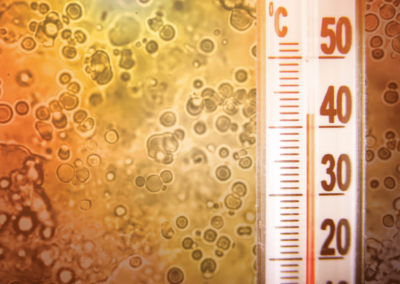

The article always refers to 3,5% Milk, However gives reference to water Kerfir.
Which one is it?????
Hi Len, thanks for commenting. This article shows the nutritional value of milk kefir not water.
I would like to find authoritative data on the sugar content of homemade kefir. I read that the USDA database info is misleading, because it calculates the sugar on the basis of the unfermented milk, and that the kefir is actually significantly lower. That commercial kefir cannot be labeled with the lower sugar number due to regulations. But….true? Who knows?
What do you do when you have a lot of kefir grains and no use for them
I rinse them, pat them dry and coat them in powdered milk. Then I put them in the smallest container I can find to limit air, and freeze them. I have pulled them out a year later and brought them back in few milk cycles to producing good kefir.
You eat them.
Surely protein can’t be lower in kefir than milk. The cultures are made of protein and use sugars in milk to develop. The process turns sugar into prptein